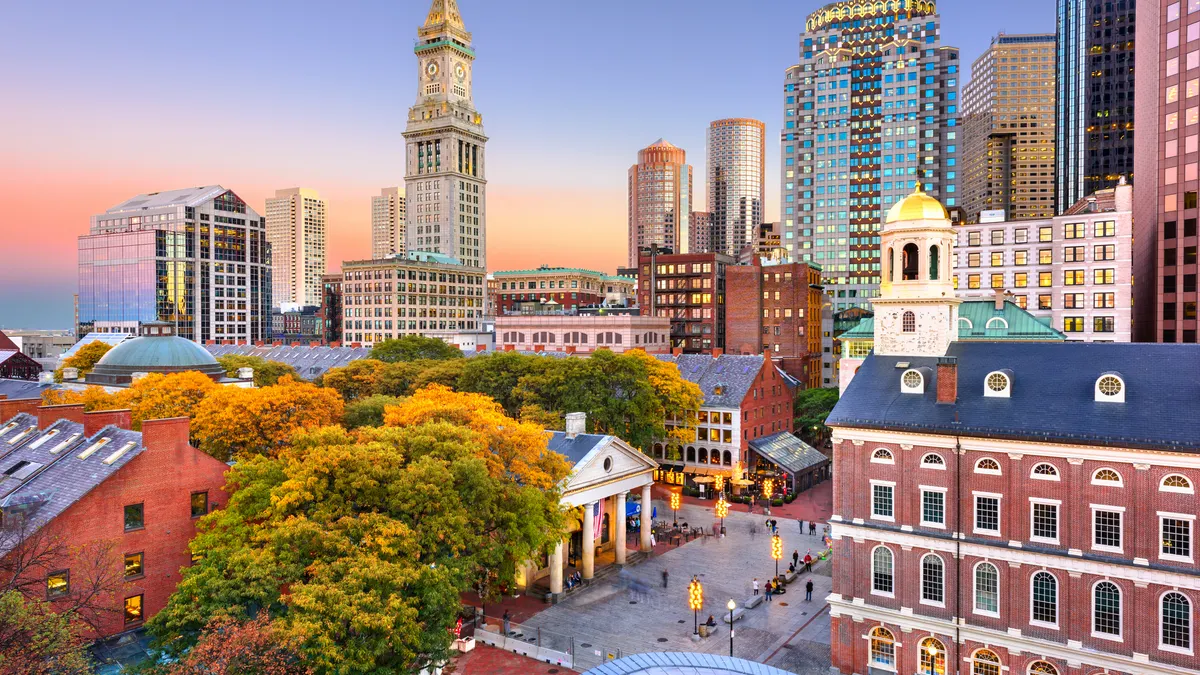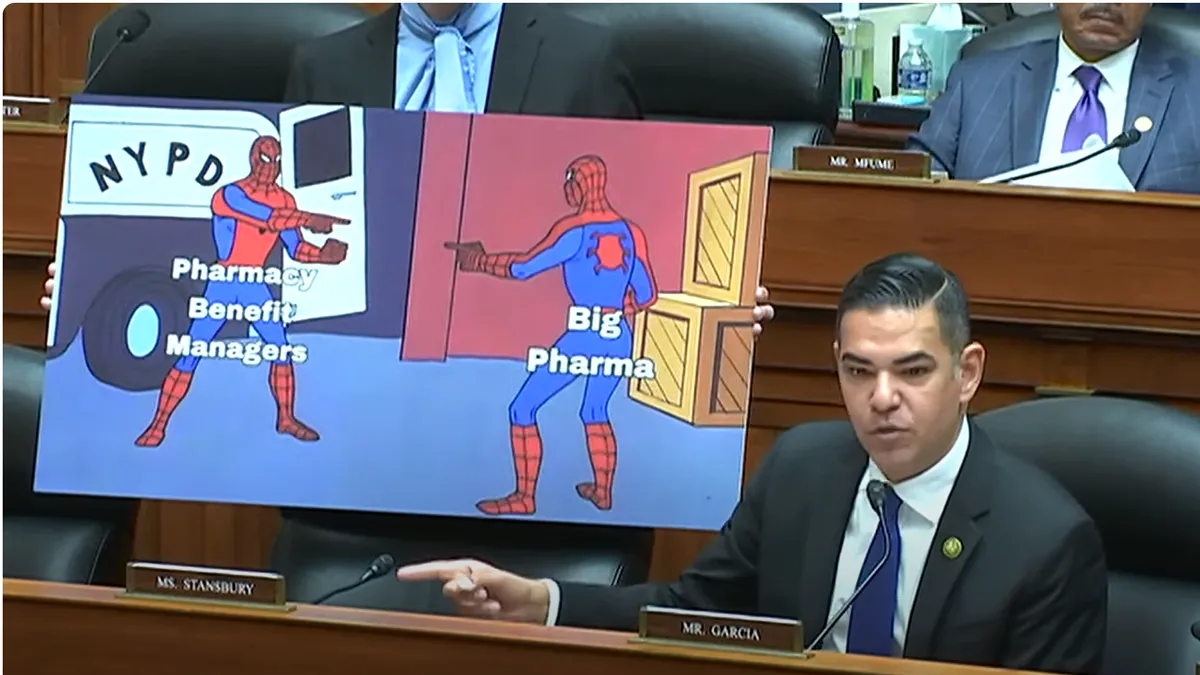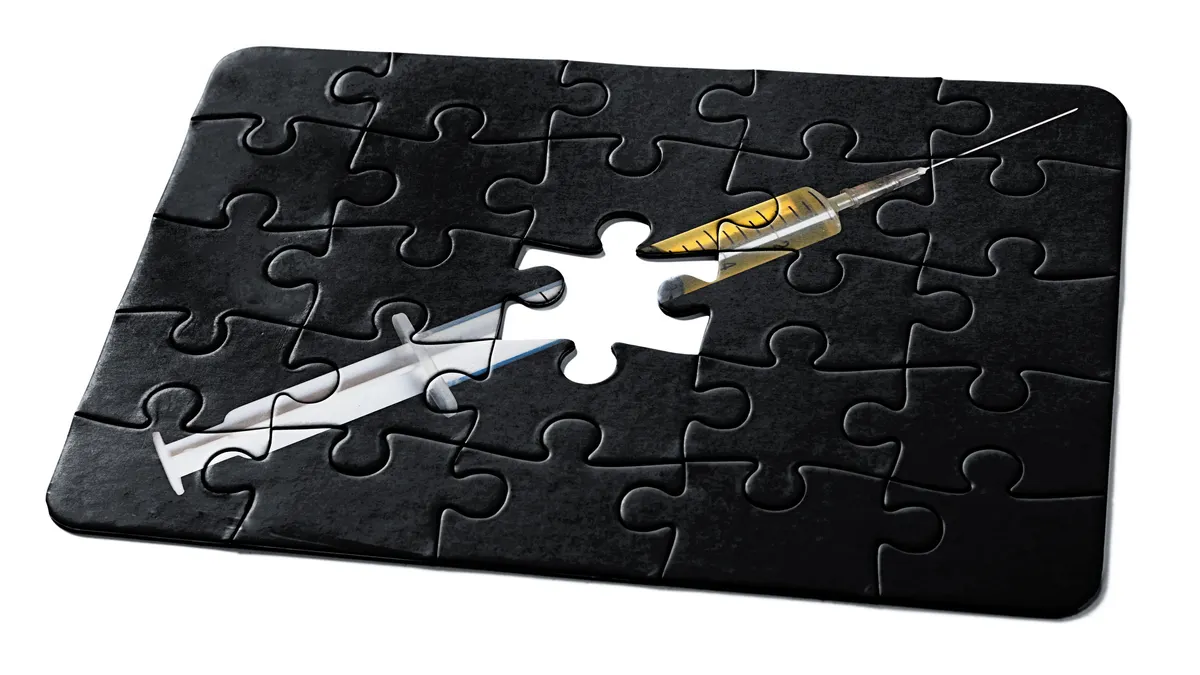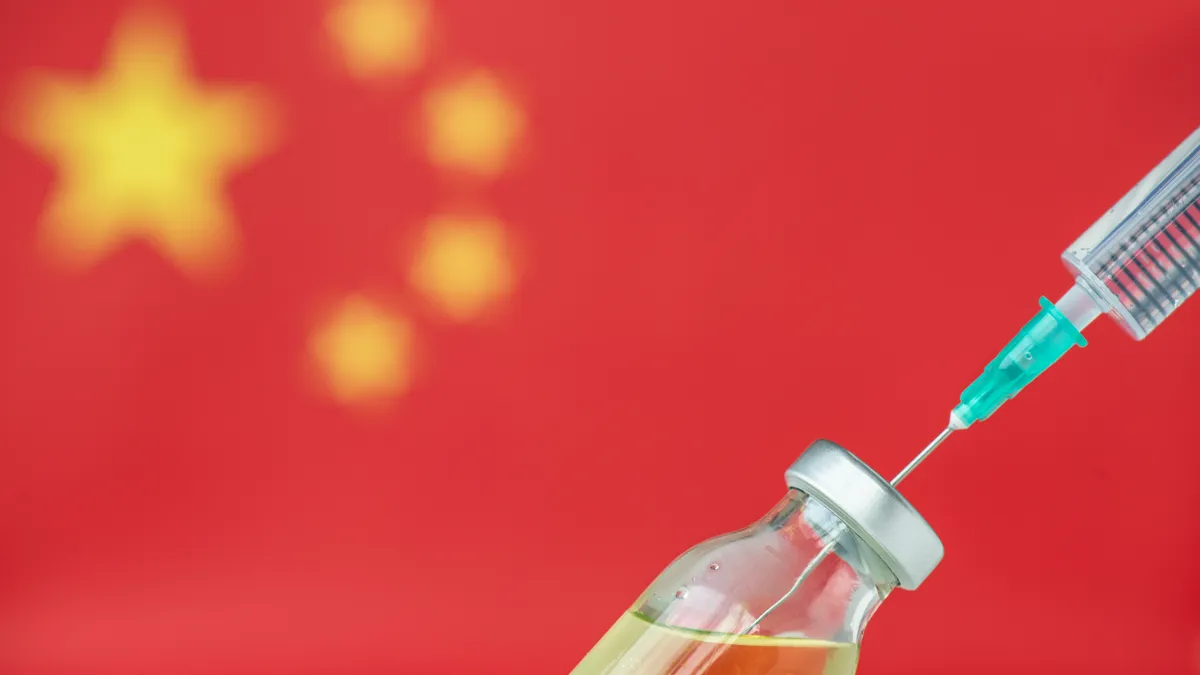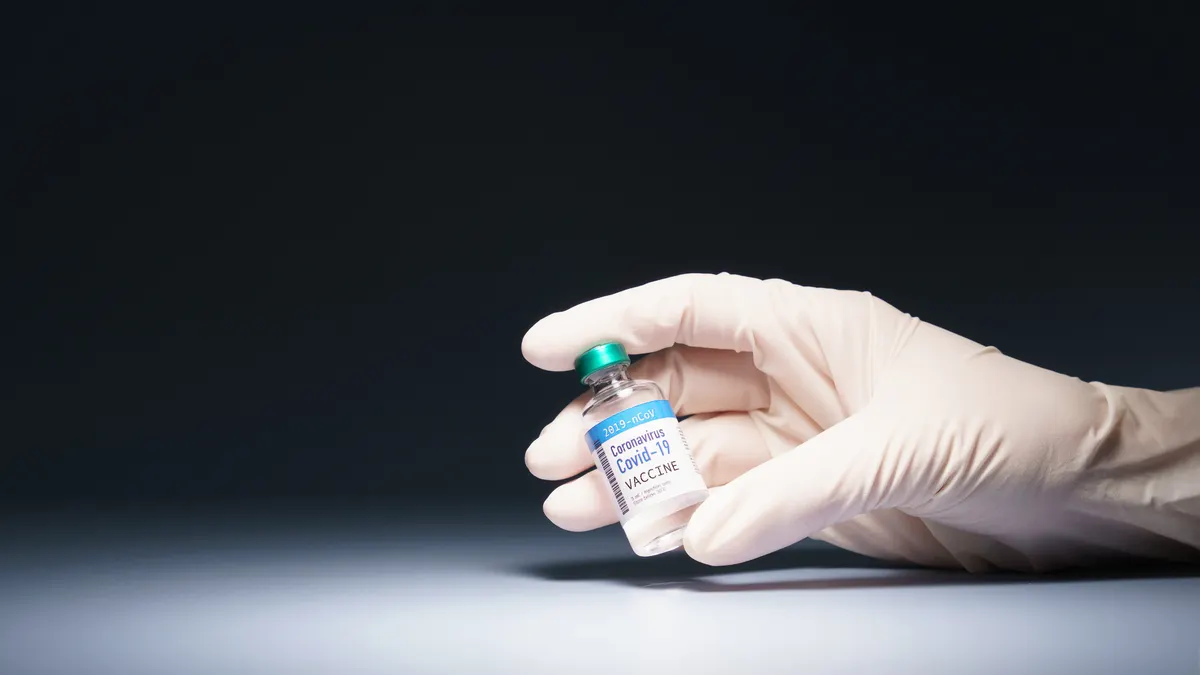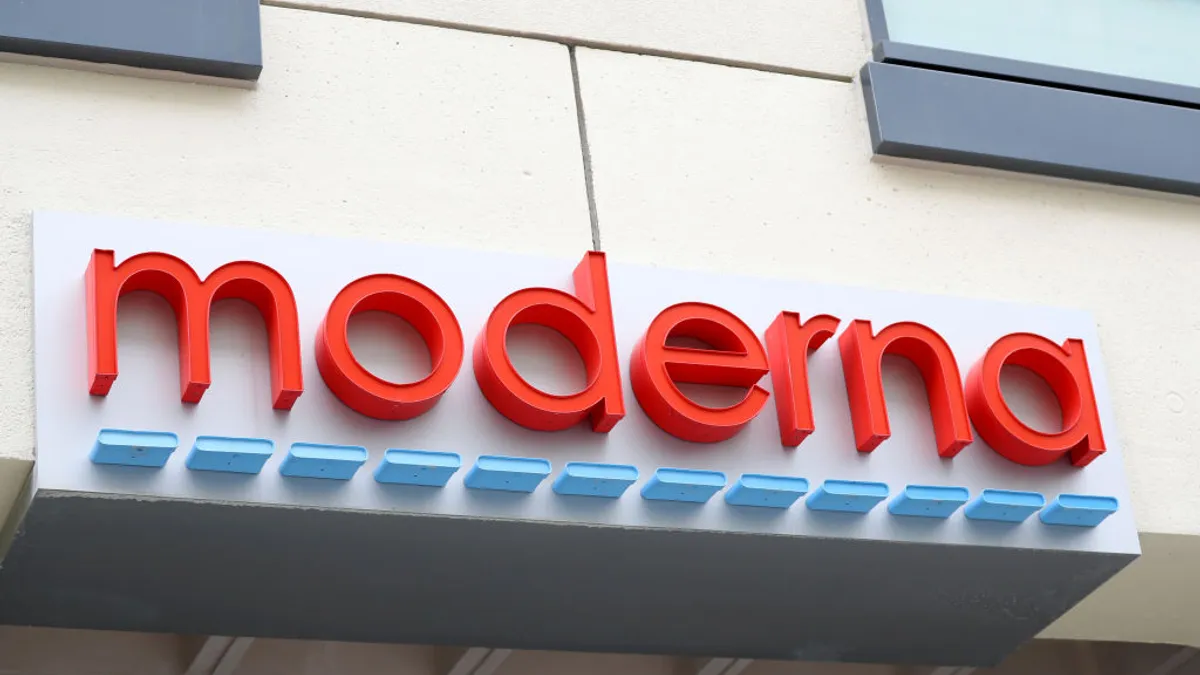If the Commonwealth of Massachusetts is a canary in the coal mine for the shape of the U.S. biotech industry, then hold onto your hats.
Long home to some of the most concentrated and prolific hubs of biotech R&D, Massachusetts is witnessing a painful downturn in pipeline growth, venture funding, federal support and sector employment, according to a report from industry organization MassBio.
After years of market sluggishness in biotech, MassBio CEO and president Kendalle Burlin O’Connell painted an even grimmer picture of what’s in store for companies that call the state home.
“Uncertainty has replaced cautious optimism,” O’Connell said in a letter introducing the report, pointing to tariffs, pricing and regulatory shakeups that have the industry reeling. “People are out of work, runways are shortening, and patients are still waiting.”
From last year through the first half of 2025, the biotech industry has seen limited growth in overall funding deals, leading to R&D and manufacturing layoffs, as well as scant few IPOs, empty lab spaces and lower rates of innovation, according to MassBio.
As one of the top states in the U.S. for drug R&D, the lack of investor confidence in Massachusetts’ biotech future signals trouble on the horizon for the country’s global leadership position, which is also being threatened by the rapid rise of a new industry superpower in China.
Rampant layoffs, slow venture capital
Layoffs have hammered the Bay State, according to the Boston Business Journal, with more than 1,800 biotech employees losing their jobs in the third quarter this year. That brings the total to 4,100 in 2025 so far.
Major Massachusetts players like Moderna and Sarepta Therapeutics slashed their workforces by 10% and 36%, respectively, this year, while cuts to research institutions and manufacturers have chipped away at the country’s biotech infrastructure.
Part of the problem is the money just isn’t flowing. While Moderna and Sarepta have suffered their own financial losses due to declining product demand and regulatory setbacks, the challenge is widespread and symptomatic of investor skepticism in the sector.
Although venture capital funding deals in the first half of 2025 nearly matched the same period the year before, total funding was 17% lower, according to MassBio. The top 10 deals brought in more than half of the total funding, leaving smaller players without a financial runway.
Total venture capital funding for Massachusetts-based companies peaked in 2021 at more than $13 billion, reaching more than $8 billion in the first half of that year. In 2024, by comparison, the total was less than $8 billion at the end of the year with only about $3 billion in the first half.
This year’s VC landscape has been even more paltry with only $2.75 billion in recorded investments during the first half.
Despite the difficult year, Massachusetts still receives more than 22% of all U.S. venture capital funding, second only to California with more than 45%. In a distant third is the state of Washington with a mere 3.7%.
That lack of funding has fed directly into a poor IPO showing in the state, MassBio reported. Massachusetts saw 25 biotech IPOs at its peak in 2021. In the first half this year, there was just one IPO from Sionna Therapeutics.
The upshot
While the outlook appears grim for biotech in Massachusetts, the state still has what it takes to recover with infrastructure and talent to go around, MassBio pointed out.
While vacant lab space of more than 22% in Cambridge and more than 38% in Boston is indicative of a major slowdown, the state is still home to more than 63 million square feet of lab and manufacturing space that is ready for an upswing.
And some of the largest drugmakers in the world have been unwilling to give up their perch in Massachusetts — including Eli Lilly, Novo Nordisk, Takeda Pharmaceuticals, Sanofi, Pfizer and more — even in a massive downturn.
“I have full faith that when the dust settles, it is the Commonwealth of Massachusetts that will lead the way back,” O’Connell wrote in her letter. “We’ve done it before. We’re trying like hell to do it again.”



